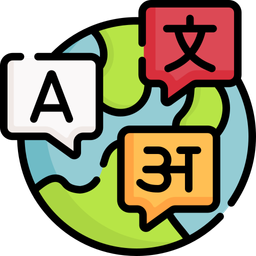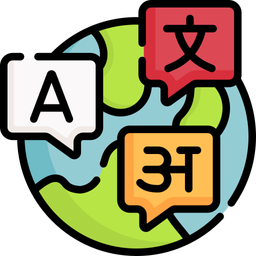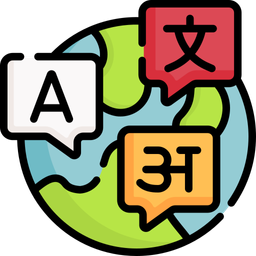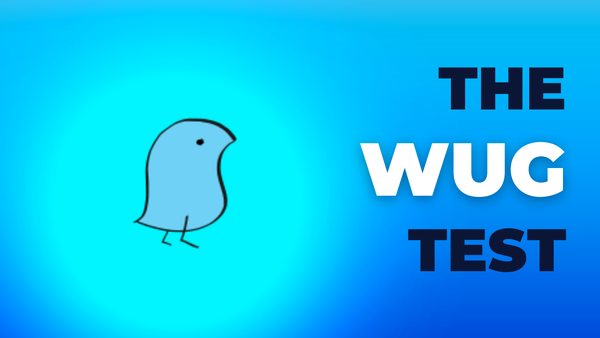Honest aliens and yet another attempt at Proto-Australian
An analysis of the linguistics of The Three-Body Problem, and new research claiming to reconstruct Proto-Australian.
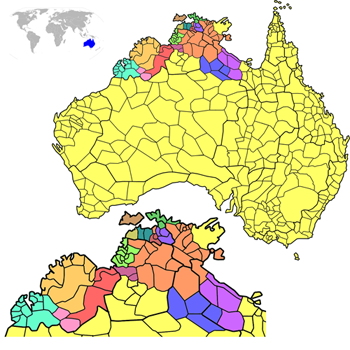
Happy February! And why is February spelled with two ⟨r⟩'s if we only pronounce one of them anyway? I've got your answer on the blog:

Welcome to the second issue of Discovery Dispatch, a weekly roundup of the latest language-related news, research in linguistics, interesting reads from the week, and newest books and other media dealing with language and linguistics!
This week I finished reading the Three-Body Problem trilogy (which also has a Netflix show) and was blown away. The series is one of the most original, thought-provoking, and tense stories I’ve ever read. The trilogy immediately earned a place amongst my favorite books of all time. I cannot recommend it highly enough.
And, it has linguistics! This week's issue of the World of Words newsletter is all about the linguistics of The Three-Body Problem—what we can learn about the design features of language from a hypothetical alien language in which it's impossible to lie. Read (or watch) this week's issue here:
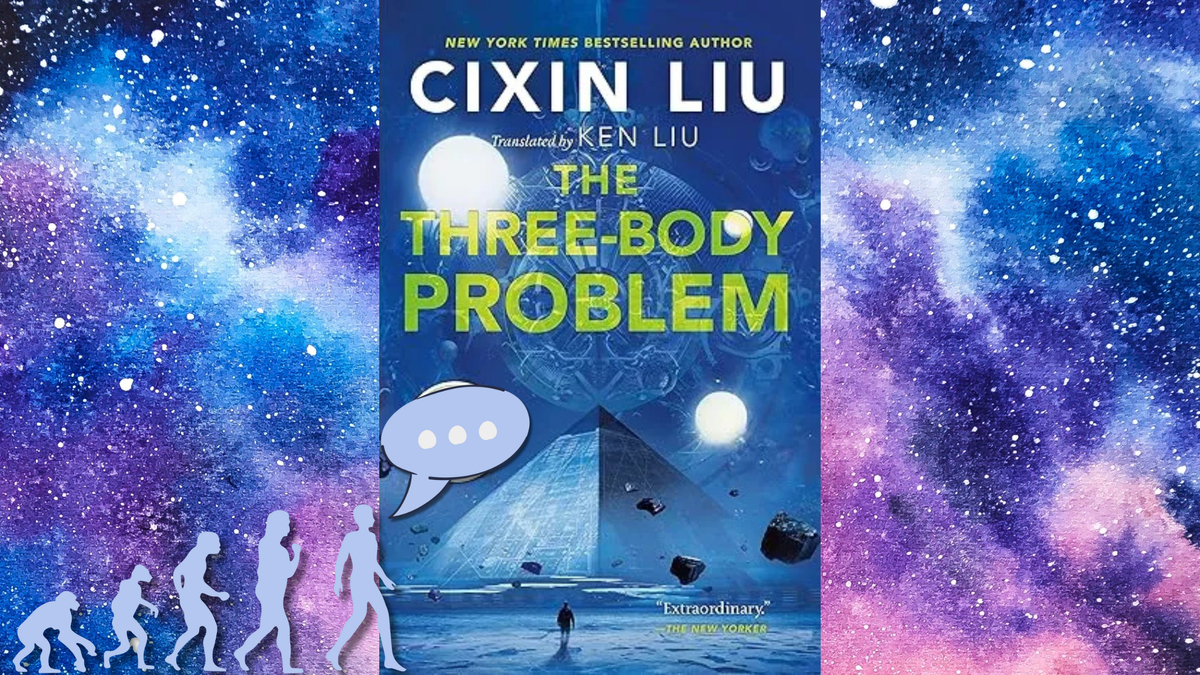
Current Linguistics
Recently published research in linguistics.
The history of Australia's Aboriginal languages has long been a mystery. Many people have hypothesized, not unreasonably, that all Australia's languages must be related—it is a giant island, after all.
Reality, however, is not so tidy. The approximately 400 Aboriginal languages in Australia can be grouped into 27 different families, but a single one of those families, Pama–Nyungan, comprises about 300 of those languages. The remaining families are clustered in the north of the continent (Top End), and given the convenience label Non-Pama–Nyungan, even though all those families are unrelated to each other. They're also not related to any of the languages on the nearby island of New Guinea.
There have been many attempts to group the Non-Pama–Nyungan families into a larger macro-family, or even into a hypothetical superfamily with Pama–Nyungan called Proto-Australian. Such attempts are often speculative at best, and shoddy scholarship at worst.
Well, now we've got another attempt to add to the list.
I won't evaluate their work here because I haven't read it in depth yet, but I think there's good reason to approach their claims with extreme caution. The biggest hurdle the authors have to overcome in order for their hypothesis to be convincing is showing that the similarities between Pama–Nyungan and Non-Pama–Nyungan are not just due to contact. They need to be able to demonstrate systematic sound changes across a sufficiently large or core set of vocabulary—and across all 27 families. Given that nobody's even managed to do this across two of those language families in a way that has been widely accepted by linguists to date, I am extremely skeptical of their claims. If it's true that all 27 families are related, then it should be just as easy—nay, easier—to establish connections between one or two of those families first, and then work backwards to the protolanguage from there. Whenever I see one of these studies purportedly lumping a diverse range of languages into a single macro-family without having first done the groundwork of establishing the more recent branches of the purported tree, my default assumption is that the study is worthless until I'm convinced otherwise. Harsh, I realize, but sadly a good heuristic nonetheless. (I also don't think I'm alone in this mindset. I suspect this study will be pretty contentious among Australianists.)
If you'd like to read a writeup of their research aimed at a general audience, here's a piece by the authors in The Conversation:
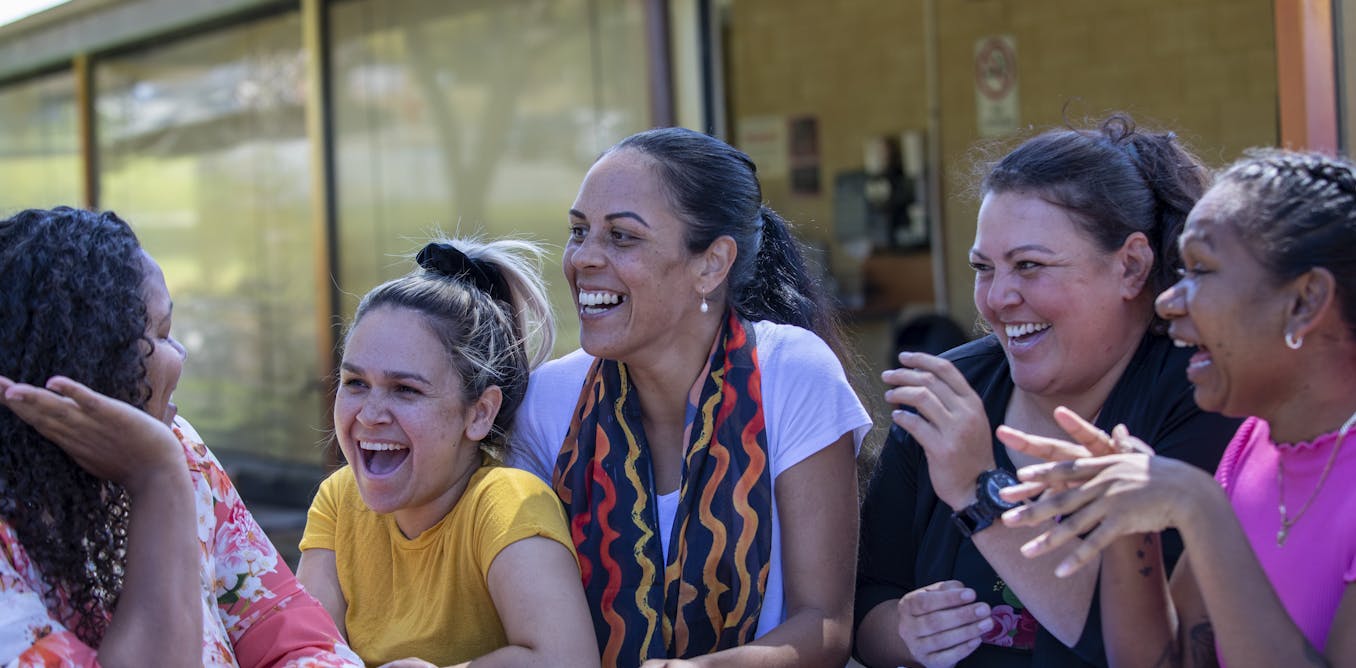
The research they refer to in the article is actually a book, but they have an earlier article advancing the hypothesis as well:
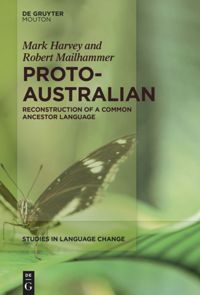

Further Reading
This book is by another controversial author, R.M.W. Dixon, but he's controversial for the exact opposite reason than the above study: he thinks that even the Pama–Nyungan family can't be established as a legitimate language family. He doesn't get into that controversy much in this book, however. Instead the book is a fun introduction to the diversity of Australian Aboriginal languages:


This is another tangentially relevant article in The Conversation by excellent linguist Claire Bowern, where I got some of the other stats in this section from:
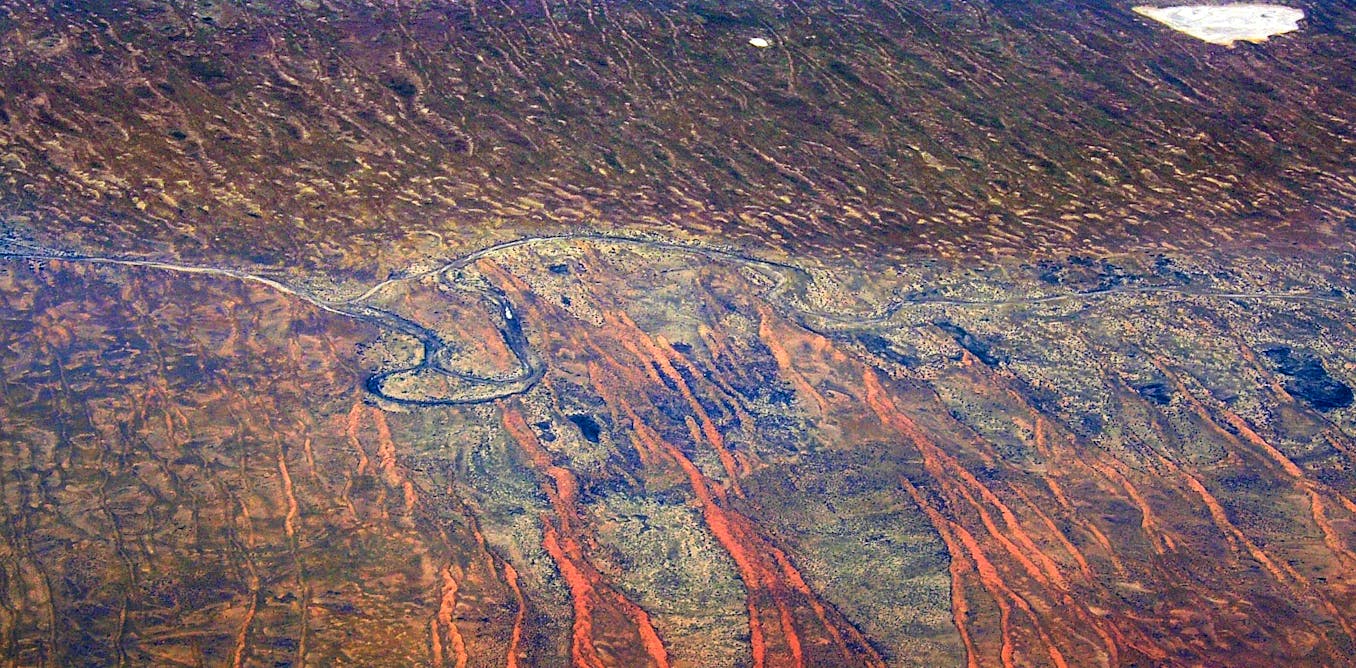
🌟 Perks 🌟
📝 early access to chapters of my book, Universal: The diversity of language and the unity of the human mind
➕ bonus articles/videos
👀 early access to articles/videos
💝 support my mission to educate the public about the science and diversity of language!
Price: $5/month (USD)
You can also subscribe on Patreon or Substack if you prefer to use those platforms instead. You'll get all the same content and extras.
Babies as young as 4 months can tell how the sounds of different languages are made:

This Week's Reads
Interesting articles I've come across this week.
Did you know that the pornography website Pornhub.com, being the 16th-most-visited website in the world, actually has a fantastic data analytics team? They can, for example, detect major cultural events in their usage data, such as the solar eclipse of 2017, and the false missile alert in Hawaii in 2018, during which their traffic plummeted. Each year Pornhub publishes a statistical roundup of its users and search trends. Naturally, they pay close attention to search terms as well, which are of potential linguistic interest. This year, Dave Wilton over at the Strong Language blog has done an analysis of Pornhub's 2024 Year in Review:

This is older news, but in 2019 the Apostrophe Protection Society shut down. "Grammar" pedants everywhere (i.e. people who think that punctuation is grammar—it isn't) were dismayed.
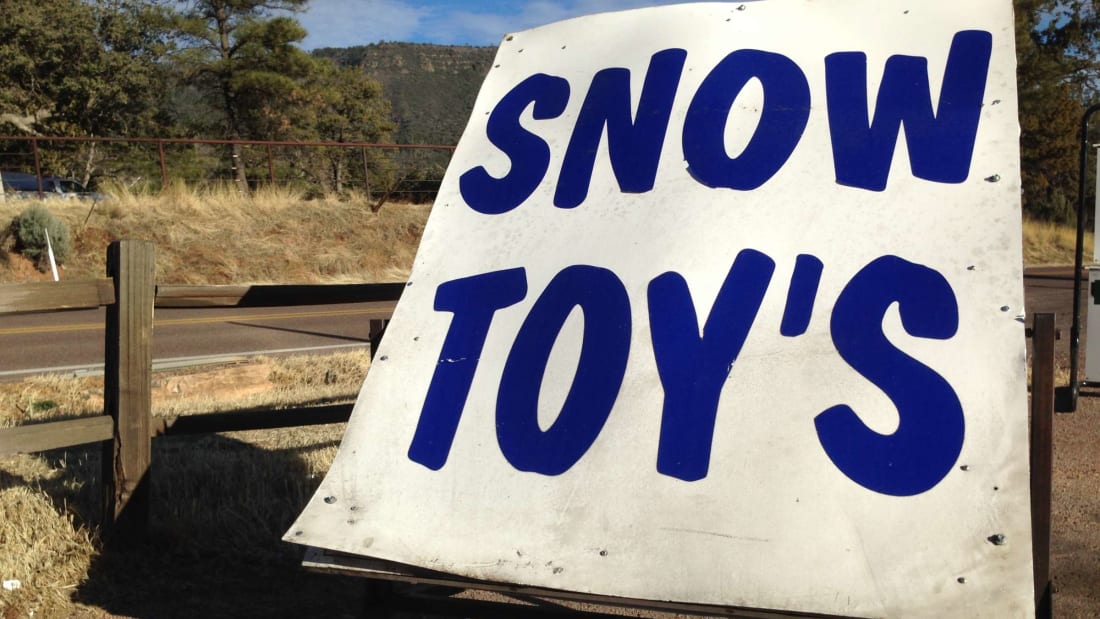

The title of this article just reminds me of one of my favorite passages from the Hitchhiker's Guide to the Galaxy series (but the article is really interesting too):

One of the major problems encountered in time travel is not that of becoming your own father or mother. There is no problem in becoming your own father or mother that a broad-minded and well-adjusted family can't cope with. There is no problem with changing the course of history—the course of history does not change because it all fits together like a jigsaw. All the important changes have happened before the things they were supposed to change and it all sorts itself out in the end.
The major problem is simply one of grammar, and the main work to consult in this matter is Dr. Dan Streetmentioner's Time Traveler's Handbook of 1001 Tense Formations. It will tell you, for instance, how to describe something that was about to happen to you in the past before you avoided it by time-jumping forward two days in order to avoid it. The event will be described differently according to whether you are talking about it from the standpoint of your own natural time, from a time in the further future, or a time in the further past and is further complicated by the possibility of conducting conversations while you are actually traveling from one time to another with the intention of becoming your own mother or father.
Most readers get as far as the Future Semiconditionally Modified Subinverted Plagal Past Subjunctive Intentional before giving up; and in fact in later editions of the book all pages beyond this point have been left blank to save on printing costs.
The Hitchhiker's Guide to the Galaxy skips lightly over this tangle of academic abstraction, pausing only to note that the term "Future Perfect" has been abandoned since it was discovered not to be.
~ Restaurant at the End of the Universe, Ch. 15
Books & Media
New (and some old) books and media touching on language and linguistics.
I came across two new(ish) books on etymology for kids! And if you're not already familiar with fellow linguistics communicator Jess Zafarris' etymology book for kids, let me turn you on to that as well:
- Once upon a word: A word-origin dictionary for kids (2020)
- Every word tells a story: An extraordinary A to Z of etymological exploration (2022)
- Wonderful words that tell a tale: An etymological exploration of over 100 everyday words (2024)
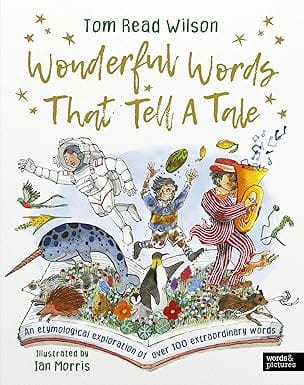
I actually also have an entire list of books on linguistics for kids:
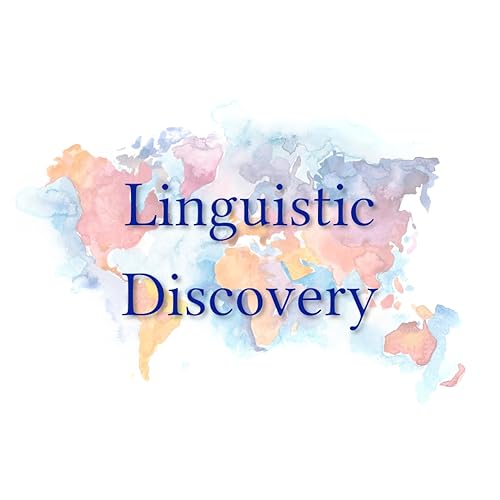
I was reading Babel: The Language Magazine this week and came across a pretty startling fact:
[B]oth men and women used the pronoun ‘I’ at roughly the same rate—it accounted for 3–5% of their words. But that rate spiked to 8% or higher when the speaker was suffering from depression.
~ "In defence of plumbing", Babel: The Language Magazine, No. 48
This led me to the realization that one of the authors of the original research study where this statistic is from is also the author of a great pop linguistics book, The secret life of pronouns: What our words say about us:

Here's the original research article:
- Stephanie Rude, Eva-Maria Gortner, & James Pennebaker. 2004. Language use of depressed and depression-vulnerable college students. Cognition & Emotion 18(8): 1121–1133. DOI: 10.1080/02699930441000030.
Resources
Maps, databases, lists, websites, etc. on language and linguistics.
In honor of Lingthusiasm's 100th episodiversary, hosts Gretchen McCulloch & Lauren Gawne have put together a fantastic list of "101 places to get enthusiastic about linguistics".

Last week I shared an infographic from Ryan Starkey of Starkey Comics, but it's worth perusing his entire website. It's a treasure trove of great illustrations and etymological tidbits:
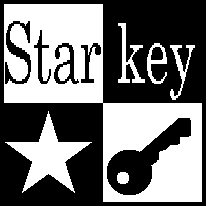
Every once in a while I like to remind my readers about how I handle sources, citations, and errata in my online writing:
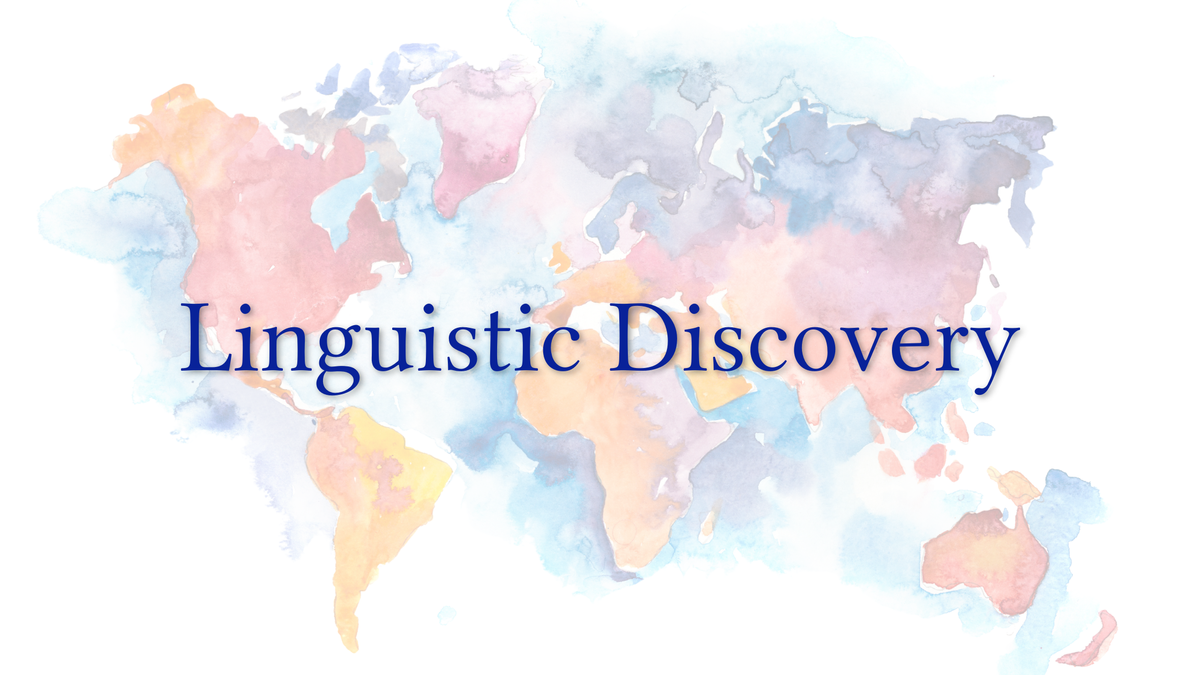
(This is really just so that I have something to point people to when they start getting really argumentative in the comment sections on social media.)
That's all for this week's issue of Discovery Dispatch! Thank you for taking the time to read to the end! I'd love to know how I'm doing so far too: don't hesitate to send me an email and let me know what you think. Are there too many items? Not enough commentary? Any feedback you have is appreciated!
Hope you have a wonderful week!
~ Danny
🌟 Perks 🌟
📝 early access to chapters of my book, Universal: The diversity of language and the unity of the human mind
➕ bonus articles/videos
👀 early access to articles/videos
💝 support my mission to educate the public about the science and diversity of language!
Price: $5/month (USD)
You can also subscribe on Patreon or Substack if you prefer to use those platforms instead. You'll get all the same content and extras.
If you'd like to support Linguistic Discovery, purchasing through these links is a great way to do so! I greatly appreciate your support!
Check out my entire Amazon storefront here.

